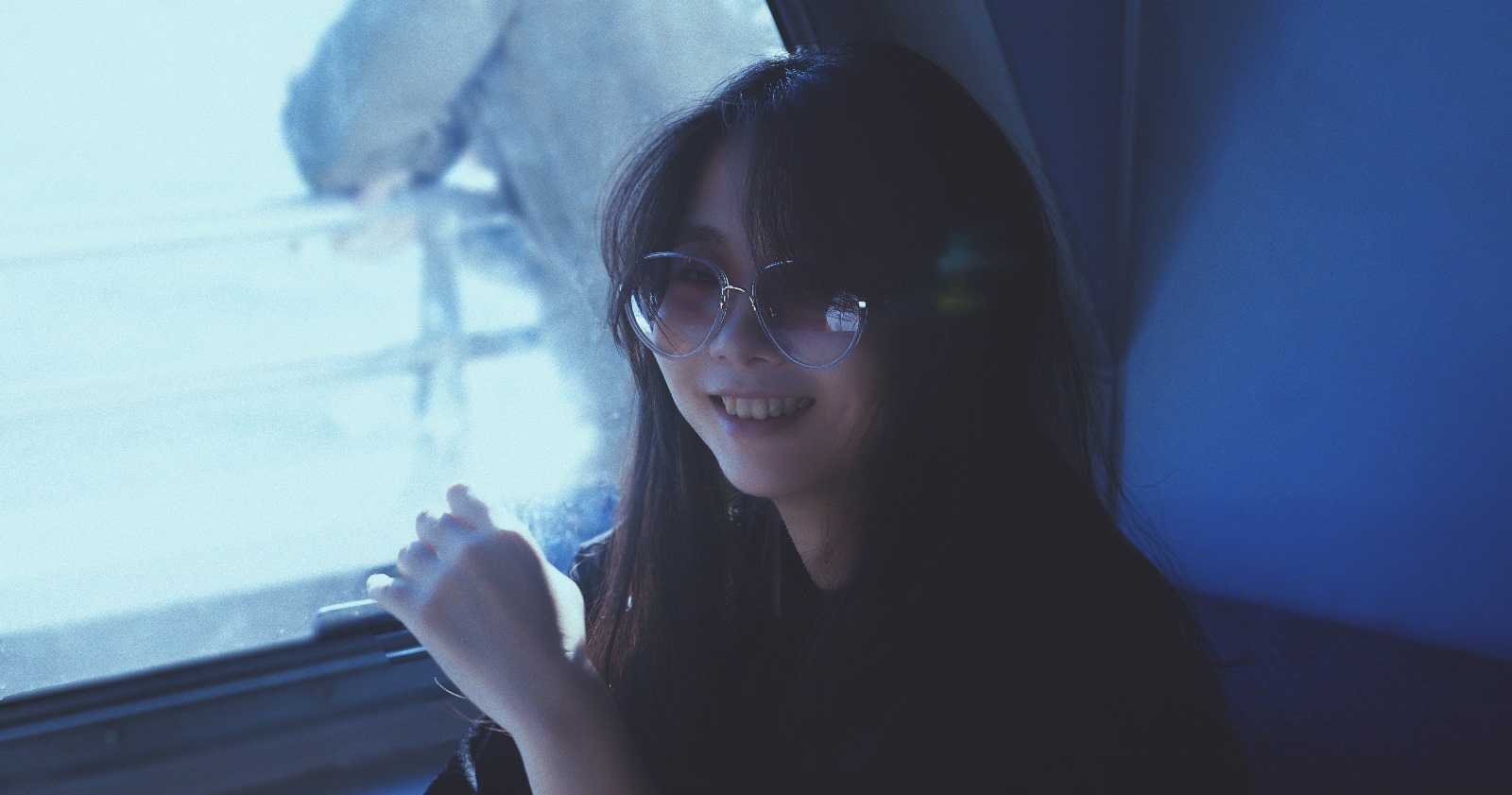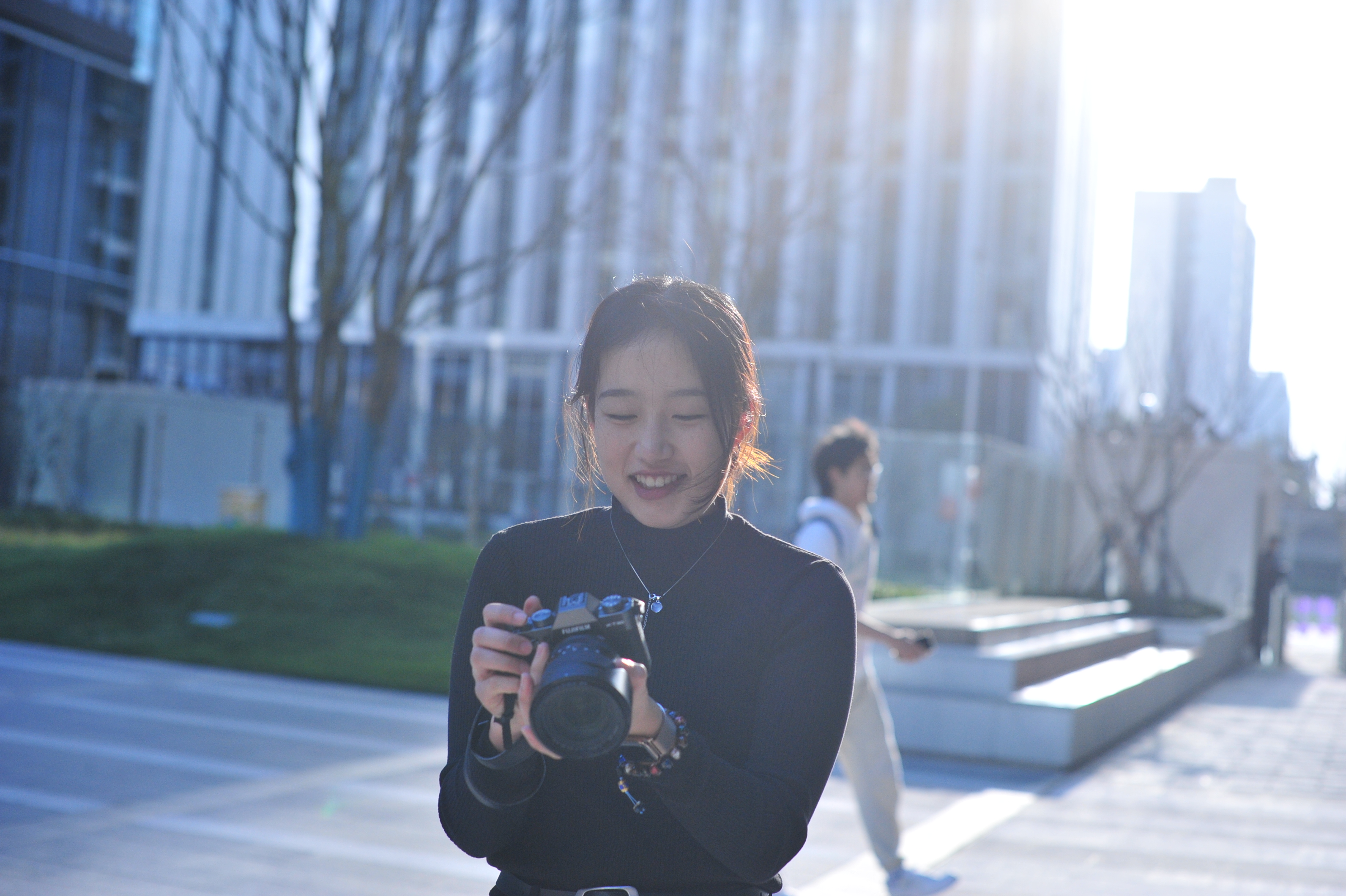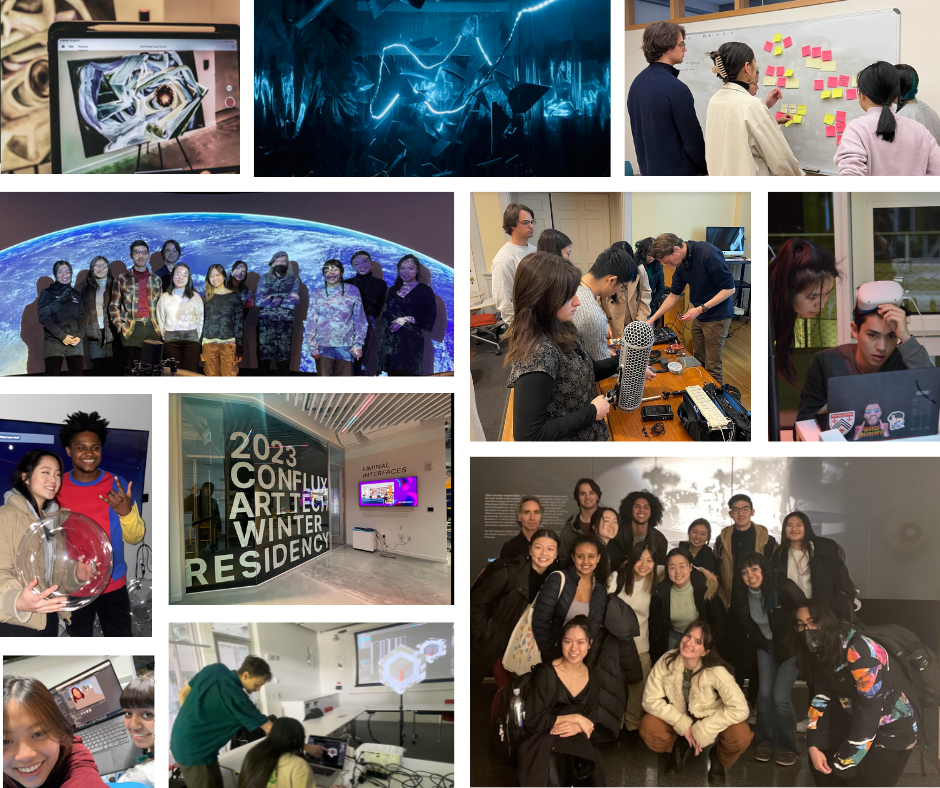Residency 2025

2025 Theme: A[fter] I
Comparable to Earth’s biosphere or anthroposphere, our current technosphere encompasses both tangible and intangible elements, from physical devices to social networks, from AI-generated avatars to algorithmically curated feeds. Contemporary boundaries of identity and selfhood are in continuous flux, mandating individuals present themselves in ever-multiplying modalities, curating, constructing, and collecting their identities across ever-growing social media profiles. When layers of digital and physical selves merge, where does identity reside? How might we discover and shape a new sense of belonging within this expanding digital landscape? When should technology shape/scrape our subjective experiences, influence self-representation, and mediate socio-cultural expressions?
Throughout history, humans have explored self-understanding by creating and reflecting through external objects like mirrors, sculptures, and virtual characters. Modern technologies, including artificial intelligence, now extend this reflective process by acquiring a form of subjectivity through “learning” and “imitating” human behavior, creating an even closer mirror of human nature. These technologies are constructed by human thoughts, emotions, and behaviors, leading to projections of “ideal” or “evolved” selves. Gradually, will they emerge as social entities that passively and even proactively construct our own subjectivity?
Through a series of talks, workshops, and project development, fellows will engage with a range of technologies—from AI and algorithmic tools to physical interactive art—to examine how these digital systems shape self-representation and influence personal and social identities. Influential digital artists, media studies scholars, and spearhead industry leaders are invited to share their works during the program. Projects could span interactive installations, digital performances, experimental videos, and computer games to explore the layered experience of navigating digital and physical selves. A series of workshops in production and technical skills are provided to assist the fellows through their way of realizing their visions. This residency encourage fellows to critically reflect on how identity is constructed and mediated in a world where technology continuously redefines our sense of self and belonging.
Tentative Schedule
Over the course of 2.5 weeks, fellows will live and collaborate in a tight-knit community of students from across humanities, arts, and engineering disciplines. They will explore the contemporary art tech scene, and engage with leading artists and technologists in speaker events and meals. They will learn and hone a range of creative techniques and technologies in expert-led, hands-on workshops. Personally mentored by working art tech professionals to conceptualize and create their own art tech project, fellows will collaborate to curate a public showcase of residency work.
In the first phase of the residency, fellows will be introduced to the field of art tech through artist talks, studio visits, and exhibition tours with invited guests. During this time, fellows will also engage in a variety of team exercises to strengthen their collaborative mindsets, and prepare them to work in cross-disciplinary teams.
In the second phase of the residency, fellows will engage in hands-on workshops to learn foundational art tech skills such as site-specific design and implementation, physical computing, AI applications, Virtual Production, Creative Programming, etc. Fellows will apply these skills to design and implement prototypes, which will be reviewed by mentors.
In the third phase of the residency, residency fellows will work in small, cross-disciplinary teams on art tech projects transforming perceptions of their choice into something more-than-human, with mentorship and critique from guest artists. Residency fellows will then collaborate on creating a cohesive exhibition showcasing their work from the program.
Deliverables
During this residency, fellows will produce both individual and collaborative works, including:
- Individual art tech mini-projects
- Several art tech installation prototypes
- A final, public exhibition of work completed during residency
- Multimodal documentation of design & engineering processes
Fellows will emerge from the program with a deepened understanding of their own artistic philosophies, and the ways in which technology may augment or extend them. More than that, fellows will emerge with a broadened understanding of how art tech may be used to investigate and expand our understanding of our lives and the world around us.
Directors

Yetong Xin is an interdisciplinary artist currently studying at Harvard, specializing in dynamic graphics, 3D and XR technologies, projection, and interactive media. Her work spans animation, film, gaming, immersive exhibitions, and architectural projections, focusing on the intersection of the virtual and real. Her projects have been showcased internationally in cities such as New York, Melbourne, Beijing, Shanghai, and Budapest, featured in exhibitions like the Utopia NYC Art Exhibition, METAXIS + PROMPT Festival, D ARCH, and Brooklyn Film Festival. She has received accolades including the MUSE Design Award and A+D Museum Design Award, and her work has been presented at academic conferences such as NeurIPS and Chinese CHI.
https://reraner.com/

Lydia Yan is a designer, multimedia artist, and media studies researcher specializing in human-nonhuman relationships from an ecological perspective, with a focus on speculative design for critical thinking in bio-tech development. Lydia holds a B.S. in Interactive Media Arts with honors and a double major in Humanities (media studies track) from New York University Shanghai. Currently, she is a Master of Design Studies candidate in the Ecologies Domain at Harvard University Graduate School of Design.
Lydia explores human-tech interactions to create enhanced life experiences. Lydia's design work spans branding identities for events and conferences, along with curatorial projects. Her interests include bio design, visualizing social and cultural phenomena, and crafting futuristic visions through new media techniques. In her spare time, Lydia enjoys knitting, crocheting, and running occasionally.
https://ziqiyan.com/
About Winter Residency
The Conflux Winter Residency is a free, student-led residential program for Harvard undergraduates to immerse themselves in exploring, learning, and developing new media, art tech, and creative technologies during January term.
The mission of residency is to provide a supportive setting—away from the stress of semesters—to encourage deep wonder, curiosity, and inquiry in the pursuit of meaningful interdisciplinary work. We connect fellows with the resources, mentorship, equipment, and facility access to kickstart innovative projects, which will be showcased in a thematic public exhibition during spring term. Above all, we aim to foster a close-knit community of artists and technologists who will expand the future of art tech at Harvard and beyond.
Check out our Residency Archive from the years 2023 and 2024! More information about the projects that happened can be found here.
